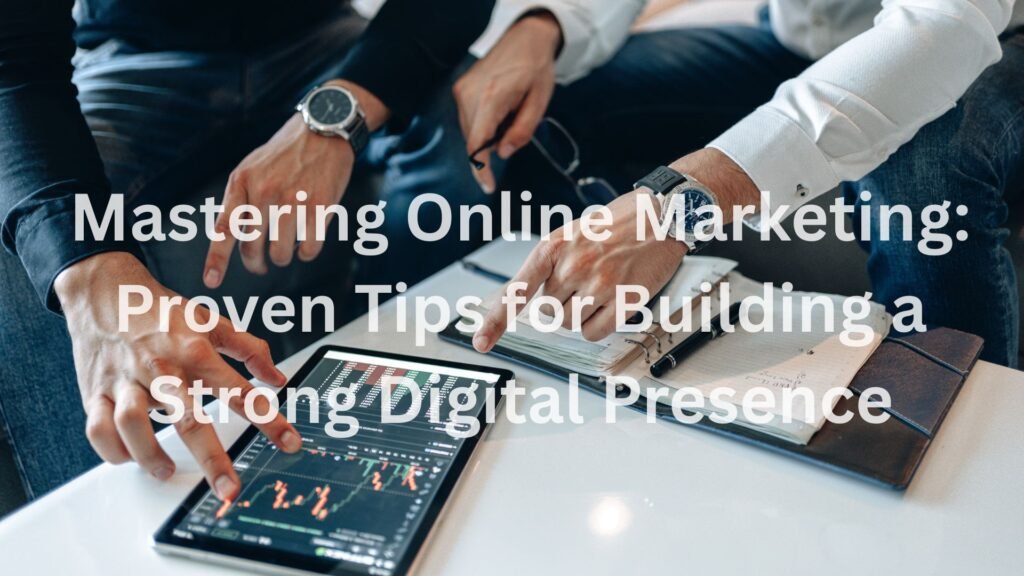
In today’s fast-paced digital landscape, online marketing has evolved from a secondary function into a strategic necessity. With consumers spending more time online than ever before, businesses have an unprecedented opportunity to reach, influence, and engage their audiences across various digital channels. Online marketing, when implemented with clarity and consistency, can transform brand visibility, increase leads, drive conversions, and nurture customer loyalty.
Whether you are a business owner, marketing professional, or entrepreneur, mastering online marketing requires more than just maintaining a social media presence or running a few Google ads. It calls for a thoughtful combination of strategy, creativity, technology, and audience understanding. The goal is not simply to attract attention but to build lasting value through relationships, trust, and relevance. This blog explores essential online marketing tips that help businesses elevate their digital efforts and generate tangible results in a competitive environment.
Understanding the Foundations of Online Marketing
It is essential to comprehend what online marketing actually entails before delving into strategies and tactics. encompasses any initiatives that use digital platforms to market goods and services to prospective clients. Search engines, websites, social media, email, mobile apps, and online advertising are all examples of channels used in online marketing. This modern approach stands out due to its cost-effectiveness, data-measurability, personalization potential, and accessibility.
While traditional marketing relies heavily on broadcasting a message to a broad audience, online marketing enables targeted, real-time communication with users who are already seeking solutions. It also allows businesses to track user behavior and optimize their strategies accordingly, offering far greater control and adaptability.
Creating a Strong and Consistent Brand Identity

A defined brand identity is the first and most important stage in successful online marketing. Your brand is more than just a logo or color scheme; it is a representation of your company’s values, mission, and customer promise. Your brand should be truly represented by every piece of content, from your webpage to your Instagram profile.
Trust and familiarity are increased by a clearly established brand identity. The likelihood of users engaging, returning, and converting increases when they identify your content across platforms. Consistency in everything from your text to your images promotes professionalism and trustworthiness.
Developing a User-Centric Website

Your website is often the first impression a potential customer has of your business—and it’s a critical part of your overall online marketing strategy. It should be functional, visually appealing, and aligned with your brand identity. More importantly, it should offer a seamless user experience. Every visitor should be able to find what they need without confusion or delay.
Investing in responsive design ensures that your site works smoothly on desktops, tablets, and smartphones. Clear navigation, fast loading speeds, and secure payment gateways (if applicable) are essential. As a core online marketing asset, your website should also contain valuable content that informs, educates, or entertains your target audience, keeping them engaged and encouraging repeat visits.
Search Engine Optimization (SEO): The Long-Term Game
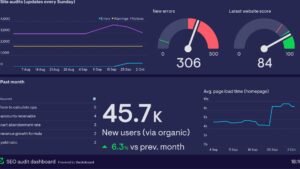
No online marketing strategy is complete without search engine optimization. SEO is the practice of enhancing your website’s visibility on search engines like Google so that it appears when users search for relevant terms. It involves optimizing on-page elements such as keywords, titles, meta descriptions, and content structure, as well as off-page efforts like backlink building and domain authority enhancement.
SEO is a long-term investment. It does not provide instant results but offers sustainable growth. When your content ranks high on search results, you receive consistent, organic traffic without having to pay for each click. Creating SEO-optimized blog posts, product descriptions, and service pages ensures that your business can be found by the right people at the right time.
Content Marketing: The Heart of Digital Communication
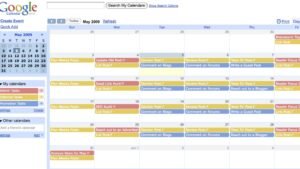
In order to draw in and hold on to a certain audience, content marketing entails producing and disseminating worthwhile, timely, and consistent information. Case studies, podcasts, films, blogs, and infographics can all be included in this content. Excellent content aids in problem-solving, question-answering, and audience trust-building.
The most successful content strategies begin with a deep understanding of what your audience wants and needs. When your content genuinely helps people or enriches their knowledge, they begin to see your brand as a trusted resource. Over time, this trust translates into loyalty and conversion.
Utilizing Social Media Effectively
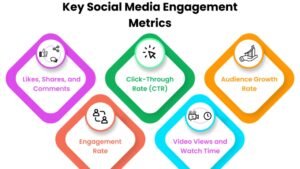
Social media is one of the most powerful tools in your online marketing toolkit—but it must be used strategically. It is not enough to post occasionally or simply share links. You must engage your audience with a mix of content types, including behind-the-scenes stories, testimonials, educational posts, live videos, and real-time updates.
Different platforms serve different purposes. Instagram and TikTok are visually-driven and great for brand storytelling, while LinkedIn is ideal for B2B communication. Facebook remains a powerful platform for communities and event promotion. The key is consistency and genuine interaction. Responding to comments, participating in trends, and sharing user-generated content all contribute to building a loyal and active community.
The Role of Email Marketing in Building Customer Relationships

The role of email marketing in building customer relationships remains vital in today’s online marketing landscape, offering direct, personalized communication that fosters trust and loyalty. Email marketing remains one of the most direct and effective ways to communicate with your audience. Unlike social media platforms, where algorithms control visibility, email gives you complete control over how and when your message reaches the audience.
A successful email marketing strategy starts with building a strong subscriber list. Offering valuable lead magnets—such as free guides, discount codes, or exclusive content—encourages users to sign up. Once subscribed, segmented lists and personalized content help deliver relevant messages tailored to the user’s interests and behaviors.
Regular newsletters, product updates, and special offers keep your brand top-of-mind and encourage return visits to your website. Email also plays a vital role in abandoned cart recovery, customer feedback, and loyalty program engagement.
Paid Advertising for Immediate Visibility
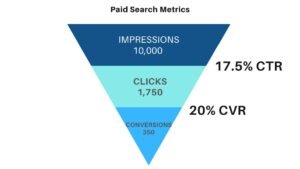
For companies looking to increase their visibility and speed, paid advertising is a crucial part of digital marketing. Paid channels like Google Ads and Facebook Ads offer immediate access to a highly targeted audience, in contrast to organic techniques that require time to gain traction. With the help of these platforms’ advanced targeting tools, advertisers may target certain demographics, interests, online activity, geography, device usage, and even intent to buy. By targeting potential clients who are most likely to convert, this degree of accuracy lets firms run more effective marketing. Paid advertising gives you the flexibility to react swiftly to customer behavior and market demands, whether you’re launching a new product or running seasonal specials.
Paid advertising provides a range of formats, including sponsored posts, display advertisements, video ads, and pay-per-click (PPC) campaigns, in addition to targeting. These formats can produce a sizable amount of traffic, leads, or purchases in a comparatively short amount of time when strategically matched with predetermined goals and financial limits. To find out what appeals to the target demographic the most, it’s critical to continuously test various ad creatives, headlines, and calls-to-action. Campaign optimization and cost-effectiveness are maintained by routinely tracking key performance indicators (KPIs) like click-through rate (CTR), cost-per-click (CPC), and conversion rate. When used effectively, paid advertising can support long-term organic marketing initiatives and produce quantifiable results.
Using Analytics to Drive Smarter Decisions
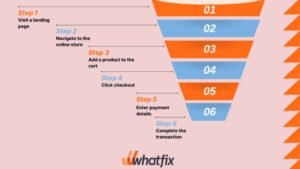
Having access to real-time performance data is one of the biggest benefits of online marketing. Marketers can use analytics solutions to determine what is and is not working and where they need to make improvements. Metrics like user demographics, conversion funnels, bounce rates, and traffic sources provide insightful information.
You may improve user experience and campaign performance by making well-informed decisions based on your understanding of how visitors engage with your website or content. To remain competitive and keep your marketing relevant in a constantly evolving digital world, you must constantly test and adapt.
Building Trust with Testimonials and Reviews

Trust is the money of the internet. Today’s consumers rely heavily on social proof when making decisions. Conversion rates are increased and credibility is added when you include actual customer testimonials, reviews, and success stories on your website and social media pages.
Make it easy for happy customers to actively share their experiences and write evaluations. This validates your brand’s offerings and gives it a human face. Being open and honest about how you respond to both positive and negative feedback demonstrates responsibility and builds trust.
Optimizing for Voice and Local Search

The increasing popularity of mobile assistants such as Google Assistant, Alexa, and Siri has made voice search optimization increasingly important. Because users are asking more natural, conversational questions, content must be arranged differently, with a stronger focus on giving concise, understandable responses to specific questions.
Local companies may ensure they are visible to potential customers in their area by optimizing for local search. Maintaining current location information, collecting local reviews, and claiming your Google My Business listing can all help you get more visibility in local searches.
Staying Updated with Trends and Algorithm Changes
Digital platforms evolve constantly. What works today may not work tomorrow due to algorithm updates, new technology, or shifting user preferences. Staying informed through trusted marketing blogs, webinars, and newsletters is essential.
Adaptability and continuous learning are the marks of successful online marketers. Testing new formats, exploring emerging platforms, and being willing to change direction based on data helps ensure that your strategies remain effective and forward-thinking.
Conclusion: The Road to Digital Marketing Mastery

Online marketing is not a one-time project—it is a dynamic, ongoing process that requires curiosity, dedication, and strategic thinking. By focusing on authentic communication, user experience, and measurable goals, businesses can achieve remarkable growth and brand loyalty in the digital space. The key lies in understanding your audience, creating content that resonates, and consistently refining your approach based on real-world feedback and performance data.
The digital world continues to expand, offering endless opportunities for those willing to engage meaningfully. Whether through SEO, email marketing, social media, or content creation, the essence of online marketing remains the same: building relationships, delivering value, and creating moments of connection that last.
Author: Rafan Rafeeq

